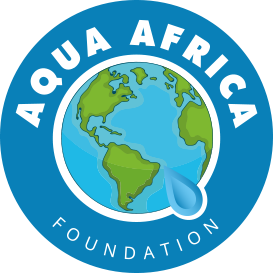Financial support is needed to maintain water pumps. A pump improves locals’ life, it allows them to rest and saves considerable time and effort. Sometimes there are paid options for water from village water carriers. A few villagers are happy to pay for the improved service however the majority cannot afford the cost.
The usual situation for most households is not having access to clean drinking water. Relying on unhealthy water sources like the river is tiresome and risky. In urban areas the situation is slightly better.
Still, more than half of city and town dwellers do not have a tap in their house or yard, according to the World Health Organization (WHO) and UNICEF.
Did you know?
Only 4% Africa’s available fresh water is currently being used due to lack of adequate infrastracture.
Africa has large amounts of fresh water. Large lakes, big rivers, vast wetlands and limited but widespread groundwater.
Our goal is to make sure all people have sustainable access to safe drinking water and basic sanitation.
In sub-Saharan Africa, the proportion was reduced from 52% to 44% between 1990 and 2004. Reaching the 26% however, still remains very distant.
In some countries, such as Senegal, Gabon, Uganda and South Africa, the number of new water connections and delivery expansion in urban areas is highly increasing, through both public and private investment. Senegal according to the UN in June 2007, “is on track to achieving the water and sanitation goals through a national investment program financed with donor money.”
source: https://www.un.org/africarenewal/magazine/october-2007/bringing-water-africa%E2%80%99s-poor


